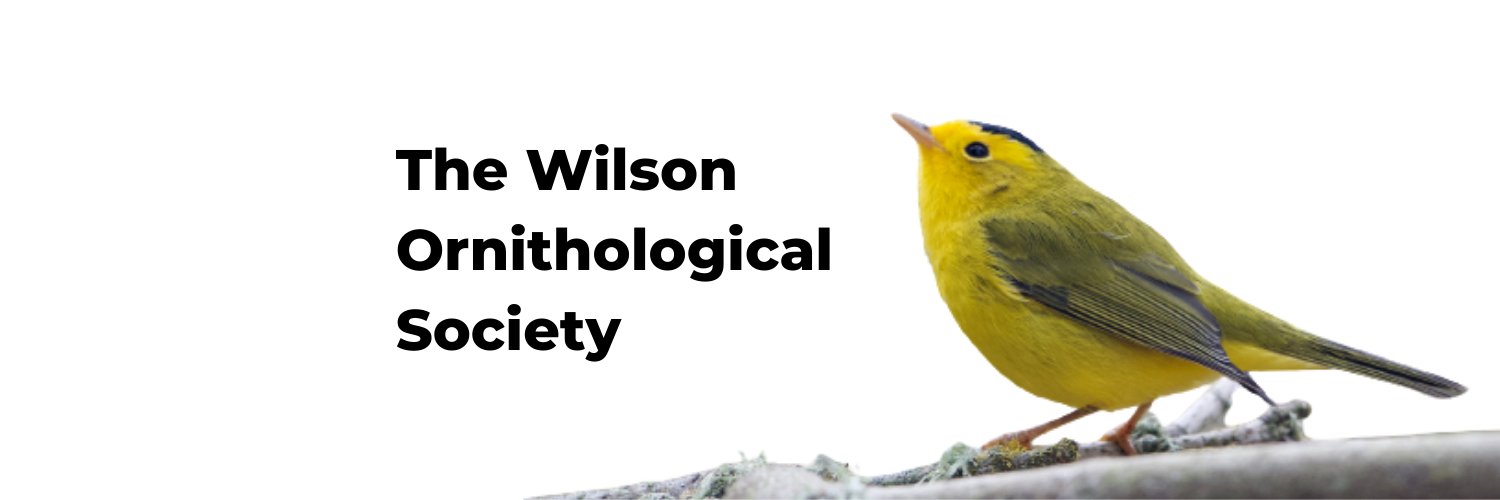
2022 Justice for Journalists Foundation (JFJ) Investigative Grant Programme
Deadline: March 20, 2022.
The Justice for Journalists Foundation (JFJ) is launching its call for applications for its annual Investigative Grant Programme. Proposals to conduct journalistic investigations into crimes against media workers.
Justice for Journalists Foundation is non-partisan and does not support any political agenda. The Foundation is guided by the Universal Declaration of Human Rights which among other rights upholds the right to freedom to hold opinion and seek, receive and impart information and ideas through any media and regardless of frontiers.
In 2022, JFJ solicits grant applications aiming to look into the investigations in the following general subject areas:
1. Investigation into physical violence and abuse, as well as harassment and bullying campaigns against media and journalists:
- Investigating national corruption, corporate/government transparency issues and kleptocracy
- Involved in cross-border projects investigating financial crimes/organised crime;
- Investigating oil and gas and mining industry
- Investigating military expenditures made in the name of national security or for the sake of preventing or conducting a war
- Investigating cases of kidnapping and torture used against journalists and their families in the Caucasus and Central Asia
- Investigating migration issues (for example, migration crisis at the border of Belarus or those fleeing Afghanistan)
- Perpetrated by the nationalist movements (for example, in the US, UK, Italy, Hungary)
- Exposed to gender-specific threats (for example, attacks against women involved in investigative journalism).
2. Investigation into the illegal tapping/surveillance of media workers in countries beyond the geography of Pegasus project (for example, use of technology to persecute journalists in Central Asian states).
3. Investigation into the impact on the families of media workers subjected to violence, abuse, persecution or forced exile (for example those fleeing Russia/Chechnya, Belarus, Tajikistan or Kazakhstan);
4. Investigation into the persecution of whistle-blowers and informants who provide valuable documentary materials for further publications by independent media;
5. Investigating, discovering and exposing profiles of the main perpetrators and facilitators of violence, abuse, harassment and prosecution against independent media and media workers.
6. Foundation will continue to look into and raise awareness of Strategic Litigation Against Public Participation (SLAPPs) and would welcome proposals that help to promote the anti-SLAPPs agenda both in the context of UK and in Europe or globally. JFJ will consider projects with special attention given to the legislation used and methods employed by various governments around the world to silence journalists, especially:
- Laws used to carry out an arbitrary detention of professional and citizen journalists in Belarus, China, Hong Kong, Turkey and Myanmar;
- Specific laws designed to silence independent journalism (examples: foreign agents law in Russia, laws labelling opposition media extremist, terrorist and detriment to the national interests, curbs on free media under the pretext of COVID-19 measures).
ELIGIBILITY
Open to investigative journalists, both professional and non-professional (bloggers, social activists), media organisations, editorial offices, and NGOs, willing to find the perpetrators and facilitators of crimes against media professionals.
BENEFIT
The maximum amount offered for each individual grant will be 80,000 US Dollars. Our grants cover the hard costs of getting to the story and reporting it – airfare, hotels, meals, ground transportation, fixers, translators, as well as the reasonable fee for the justifiable duration of the project.
APPLICATION
- Grant applicants should provide a detailed budget for their investigative project along with 500-words long project description to demonstrate that their proposal is solid.
- The project proposal should highlight what is new and significant about the story and what its potential impact might be.
- The proposal should contain an outline of the reporting plan and a timeline for completing the project, as well as description of stories to be published or broadcast as the outcome.
- Any potential interest in the project registered on behalf of media outlets should also be reflected in the publication plan.



